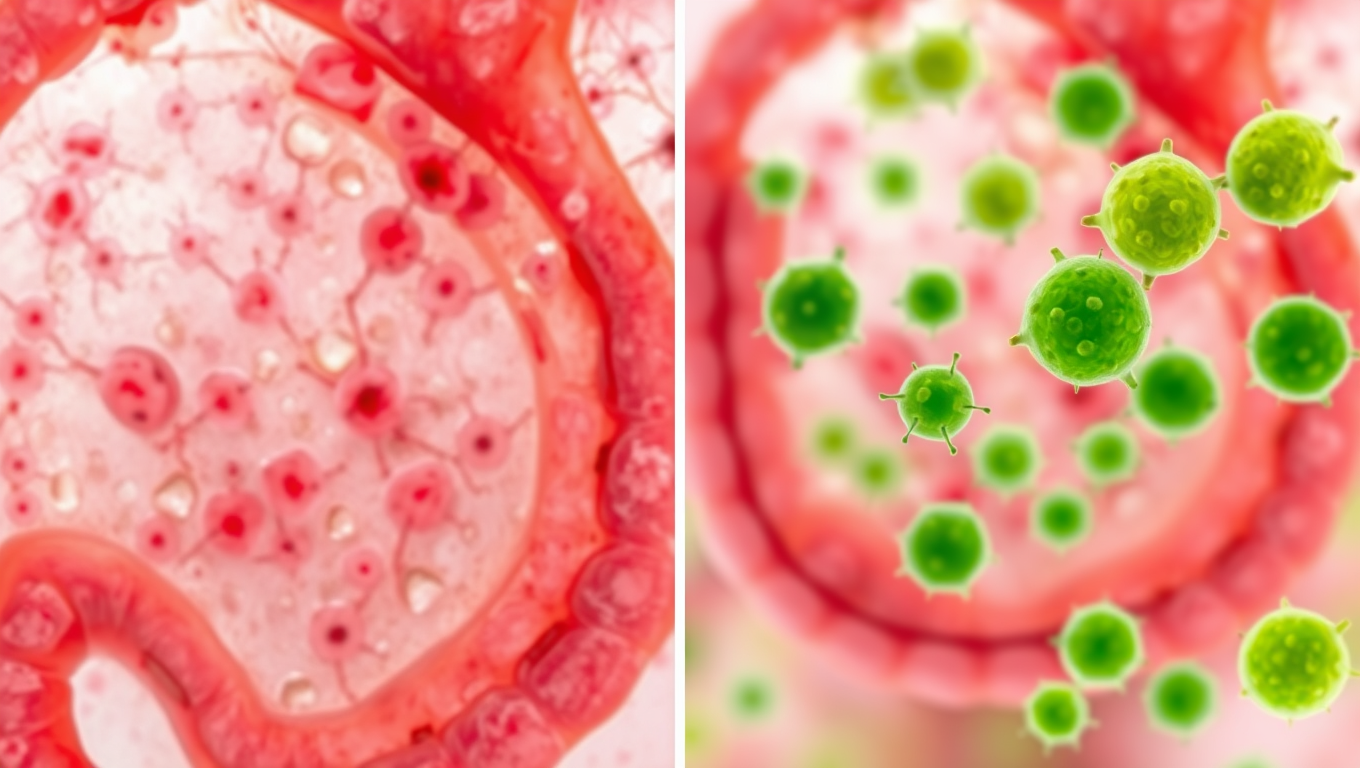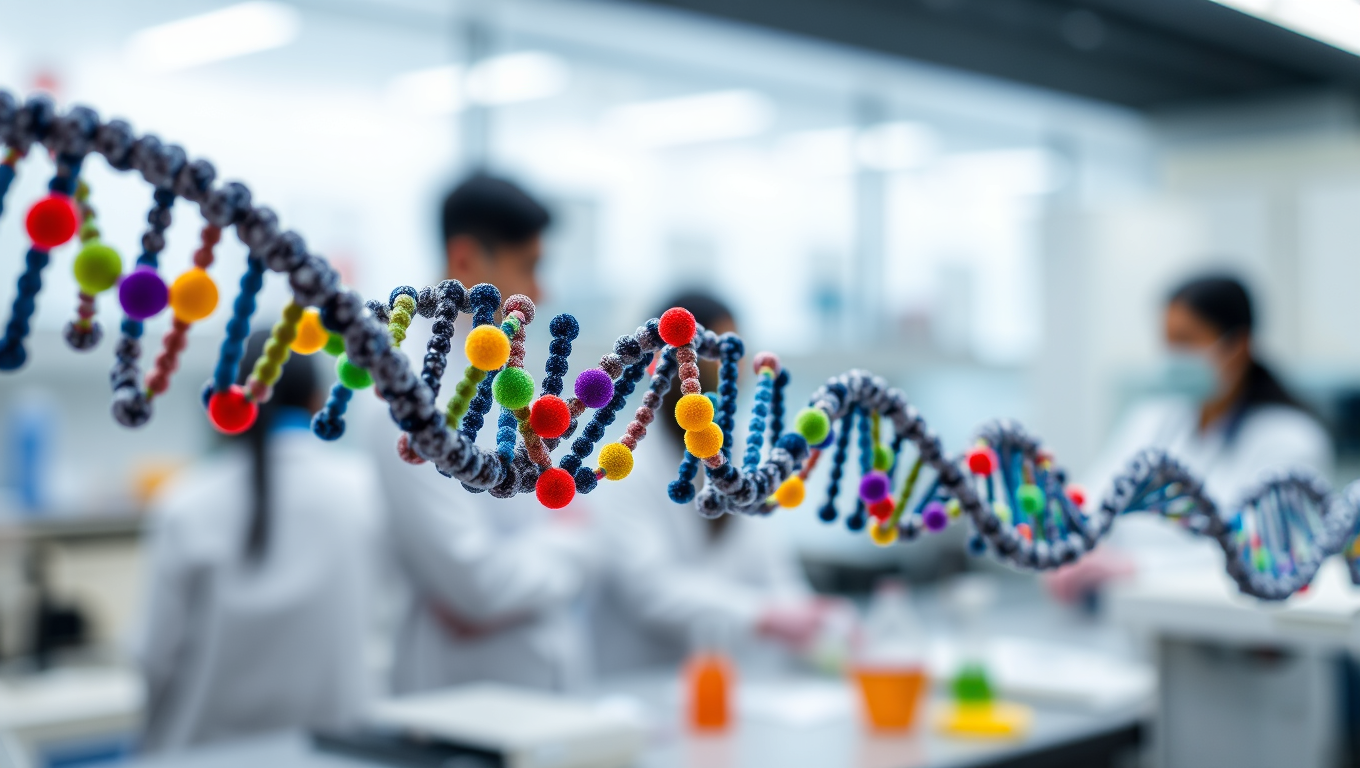While we try to keep things accurate, this content is part of an ongoing experiment and may not always be reliable.
Please double-check important details — we’re not responsible for how the information is used.
Agriculture and Food
The Fast Impact of Fatty Meals on Gut Defenses
A study has become the first in the world to unravel the immediate effects of a high-fat diet on our gut health.

Agriculture and Food
Unearthing Life’s Secrets: Deep Microbes Thrive without Sunlight
Chinese scientists uncovered a powerful energy source for deep Earth microbes: hydrogen and oxidants generated by rock fracturing during earthquakes. The process may also suggest how life could exist on other planets without sunlight.
Agriculture and Food
Breaking New Ground: Scientists Develop Groundbreaking Chromosome Editing Technology
A group of Chinese scientists has created powerful new tools that allow them to edit large chunks of DNA with incredible accuracy—and without leaving any trace. Using a mix of advanced protein design, AI, and clever genetic tweaks, they’ve overcome major limitations in older gene editing methods. These tools can flip, remove, or insert massive pieces of genetic code in both plants and animals. To prove it works, they engineered rice that’s resistant to herbicides by flipping a huge section of its DNA—something that was nearly impossible before.
Agriculture and Food
The Ancient Origins of Potatoes Revealed
About 9 million years ago, a wild interspecies fling between tomato-like plants and potato relatives in South America gave rise to one of the world’s most important crops: the potato. Scientists have now traced its roots to a rare natural hybridization that created the tuber, a storage organ that allowed the plant to survive harsh Andean environments and spread rapidly.
-

 Detectors11 months ago
Detectors11 months agoA New Horizon for Vision: How Gold Nanoparticles May Restore People’s Sight
-

 Cancer12 months ago
Cancer12 months agoRevolutionizing Quantum Communication: Direct Connections Between Multiple Processors
-

 Earth & Climate12 months ago
Earth & Climate12 months agoRetiring Abroad Can Be Lonely Business
-

 Albert Einstein12 months ago
Albert Einstein12 months agoHarnessing Water Waves: A Breakthrough in Controlling Floating Objects
-

 Chemistry11 months ago
Chemistry11 months ago“Unveiling Hidden Patterns: A New Twist on Interference Phenomena”
-

 Earth & Climate11 months ago
Earth & Climate11 months agoHousehold Electricity Three Times More Expensive Than Upcoming ‘Eco-Friendly’ Aviation E-Fuels, Study Reveals
-

 Diseases and Conditions12 months ago
Diseases and Conditions12 months agoReducing Falls Among Elderly Women with Polypharmacy through Exercise Intervention
-

 Agriculture and Food12 months ago
Agriculture and Food12 months ago“A Sustainable Solution: Researchers Create Hybrid Cheese with 25% Pea Protein”





























